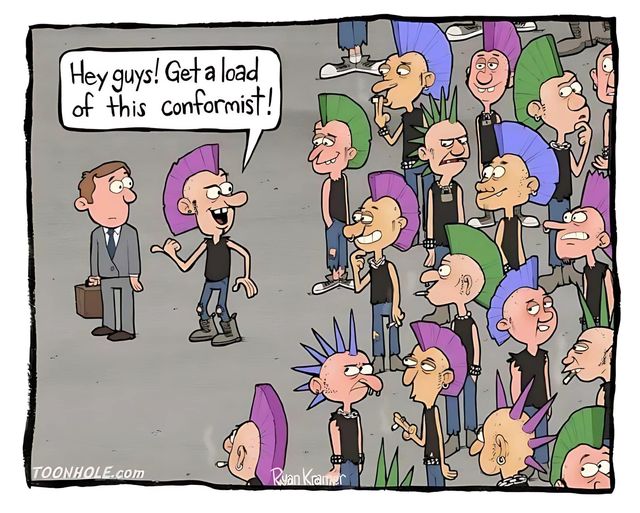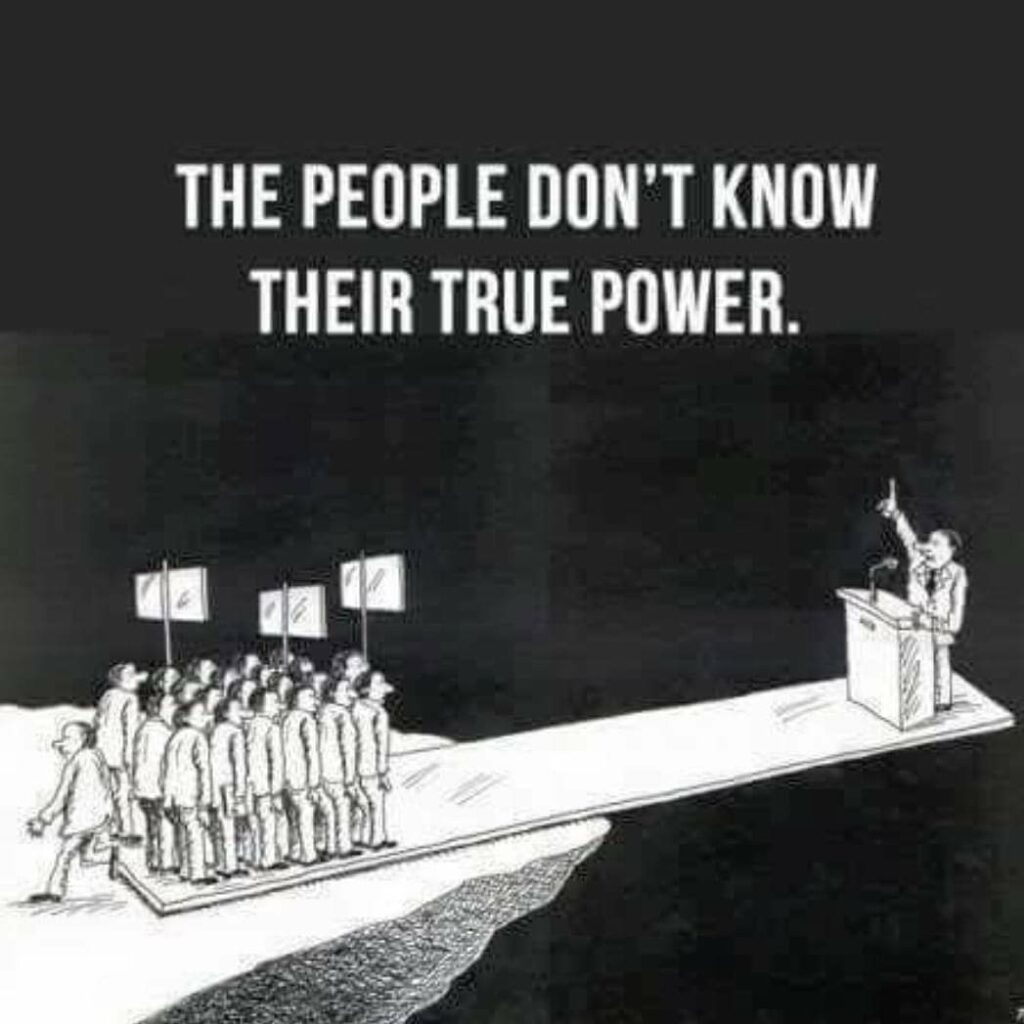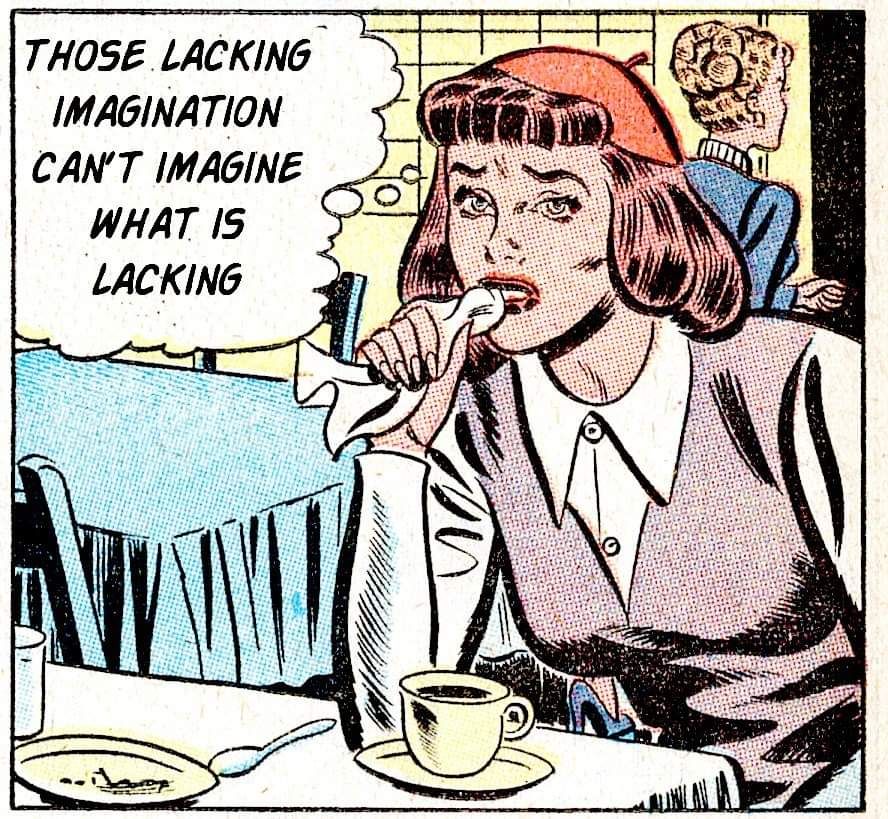The #Fediverse exists, and more than that, it’s alive and kicking. Sure, it might be a messy, chaotic, a bit fragmented, and yes, still niche. But let’s not underplay it, this is the healthiest corners of the internet we’ve got. Tens of million accounts, hundreds of thousands active people, and some are sometimes talking about how we build our digital spaces from the bottom up.
Yep, there are the cat videos, the #fluffys and the #spikys. But also an in-group debate is bubbling away about who speaks for the Fediverse? What defines it? Is it the standard #ActivityPub that binds us only technically? Or is the value in the community that’s formed it, the living web of relationships, servers, instances, and admins making this work day-in-day-out? Truth is, it’s both. #activitypub without community is just code. Community without #activitypub is just another silo waiting to collapse. They are not the same, but they are inseparable. To build something real, we need to nurture both the tech and the people.
What works in the #Fediverse is decentralisation with purpose, it works because it resists centralisation. It gives people choices, want a cat picture, instance? A political instance? A hyper-local or themed space? You install and build it, and people might come. This is #DIY grassroots digital culture in motion. Standards support this growth, #ActivityPub, like #RSS before, may not be perfect, but it’s open, extensible, and functional. It allows platforms and networks to talk to one another. This is a real #4opens foundation for collaboration, not control. That’s the kind of architecture we need in the #openweb reboot.

What doesn’t currently work is the over-reliance on hard blocking as a solution, with the common approach to problems is too often to block, users, instances, entire classes of servers like the #dotcons. While this kinda makes sense in the short term, it’s not a long-term strategy. It’s the digital equivalent of putting your head in the sand. You’re not solving the problem, you’re just not looking at it any more. This has the strong tendency to feed the “Cave Mentality” where some corners of the Fediverse are in defensive mode, retreating into smaller and smaller bubbles, avoiding engagement, trying to build perfection behind walls. But hiding from the mess doesn’t clean it up. If the #openweb becomes too closed, it dies from within. Openness is a value, not just a setting.
This is in part due to a lack of collective strategy, yes we’ve got the passion. We’ve got the tools. What we’re missing is a shared direction. The is currently too much reinventing the wheel, too many forks without purpose, not enough joining the dots. A thousand flowers bloom, but the garden needs tending.
#nothingnew is a basic tool about this, then there is the use of the #4opens, we need to make the #Fediverse and every layer of the #openweb, measurably open. That means: Open Data: accessible and remixable content. Open Source: transparent and forkable codebases. Open Standards: like #ActivityPub, that let different platforms interconnect. Open Process: decision-making in public, with participation and accountability.
The #4opens framework is a guide, not to perfection, but to direction. It’s a map toward trust, decentralisation, and sustainability. On this path, we need to build culture, not only code. Healthy communities don’t just appear, they’re built. Instead of building tech features, let’s also build social norms. Encourage, informative, welcome messages, transparent moderation, shared spaces for discussion. Moderation and admin is labour, support it, reward it and most importantly decentralise it.
To build community, don’t shy away from engagement. It’s tempting to block and move on. But sometimes, the hard work is worth it, call things out, talk things through, escalate when needed, but don’t disengage by default. We need active participation, not digital ghost towns. If we want the #Fediverse to grow, we need to build bridges, not walls. Let’s weave human trust networks to grow spaces that are porous, where new people can enter, learn, contribute, and stay. This is the work of social federation, which is just as important as technical federation.
There is a bigger picture if you are interested and are motivated to look, the #OMN, Open Media Network project is a vision and collective path for this kind of social architecture. It’s a federated network of media hubs, rooted in community, powered by open standards, and guided by human trust. It doesn’t seek control, it offers #KISS tools to build trust, add value, and create meaningful networks from the ground up. On this “native” path, rather than rejecting “bad actors” by exclusion, we build systems that surface good actors through collective tagging, trusted feeds, and editorial flows. Moderation becomes a feature, not a bug.
Final thought, let’s not repeat the mistakes of the past. The last 20 years of alt-tech is a graveyard of well-meaning platforms that failed because they forgot one thing, the humans. The #geekproblem has been building “perfect” systems with no one in them. That’s not the #openweb we want. We need less abstraction, more interaction. Less control, more cooperation. And above all, we need to recognise that openness requires work, but it also delivers freedom. So yes, the Fediverse exists. It’s healthy. But it can and needs to be more. Let’s stop hiding. Let’s start building. Together.
#Fediverse #OMN #4opens #OpenWeb #IndymediaBack #SocialTechnology #AltTech #Decentralisation #FOSS #MakeHistory #ActivityPub #OGB #SocialCoding









